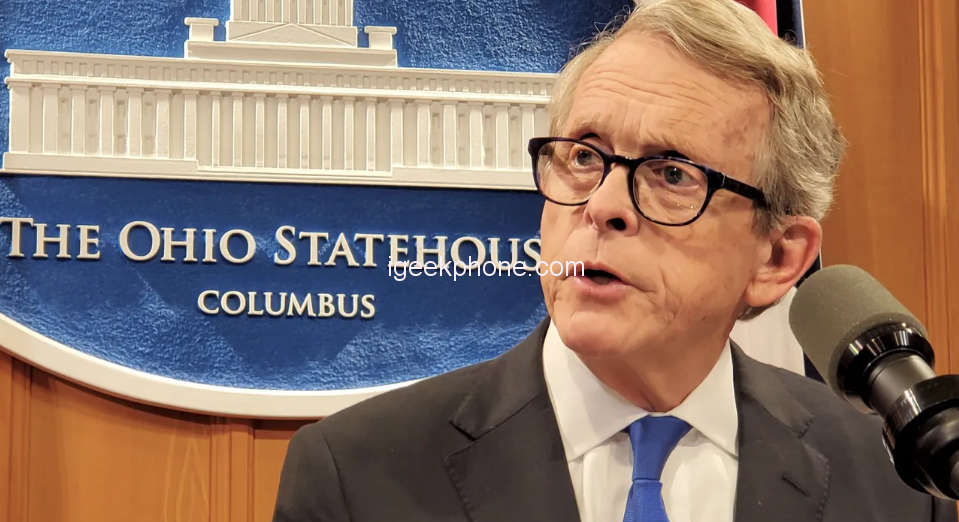Recently, Ohio Governor Mike DeWine once again vetoed the proposal to “oppose the regulation of the sale of flavored tobacco and other nicotine products” and called for a ban on flavored tobacco in Ohio.
The proposal was included in the Ohio budget bill, and Dewine, in his veto statement, cited estimates from the Centers for Disease Control and Prevention (CDC) that 480,000 Americans die each year from lung disease caused by cigarettes, and that tobacco and other nicotine products increase health care costs in the state.
He also said the marketing of flavored tobacco products often targets minors.
Dewine wrote in the statement:
“In the absence of an effective and comprehensive statewide ban on the sale of flavored tobacco, including mint flavor, local government bans are critical because they reduce access to flavored tobacco and nicotine replacement products and interrupt the cycle of addiction.” Removing local controls would encourage youth addiction to nicotine and reverse years of progress in improving public health.”
In January 2023, Dewine vetoed a bill that would have prevented “a ban on the sale of menthol tobacco and candy-flavored e-cigarettes,” and he even called a news conference with health officials to warn that flavored products were fueling an “epidemic” of teen smoking and e-cigarette use.
The Columbus, Ohio, City Council has banned the sale of menthol tobacco and other products.
Columbus Mayor Andrew Ginther said after DeWine’s previous veto:
“This veto is a positive move for the children of Columbus.”
The rejection was also praised by public health advocates. Supporters of flavored tobacco bans say there should be more than a patchwork of local laws. They say the regulation of tobacco products should be a statewide issue.
References:
【1】DeWine again vetoes legislation to block cities from regulating tobacco sales










